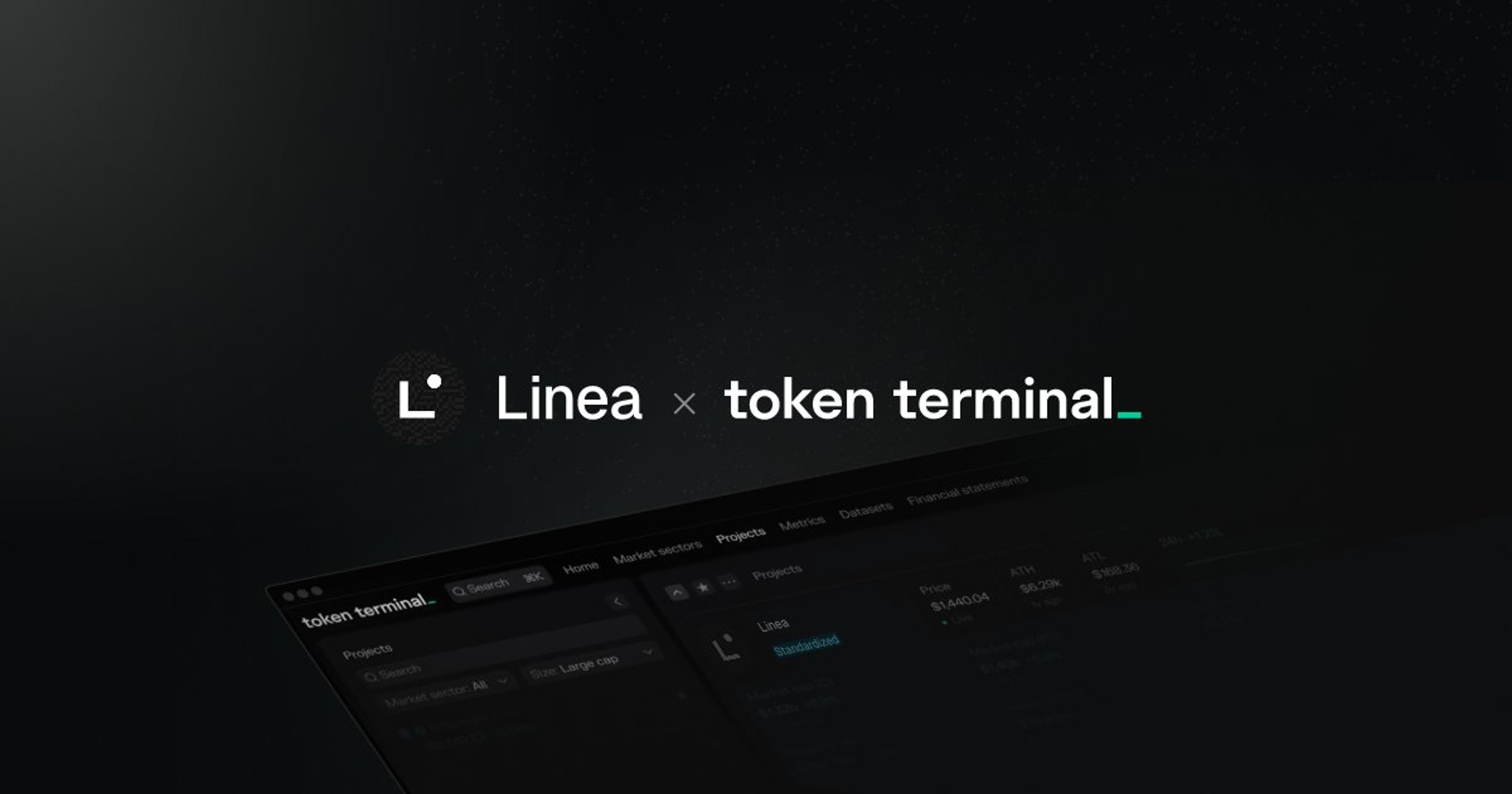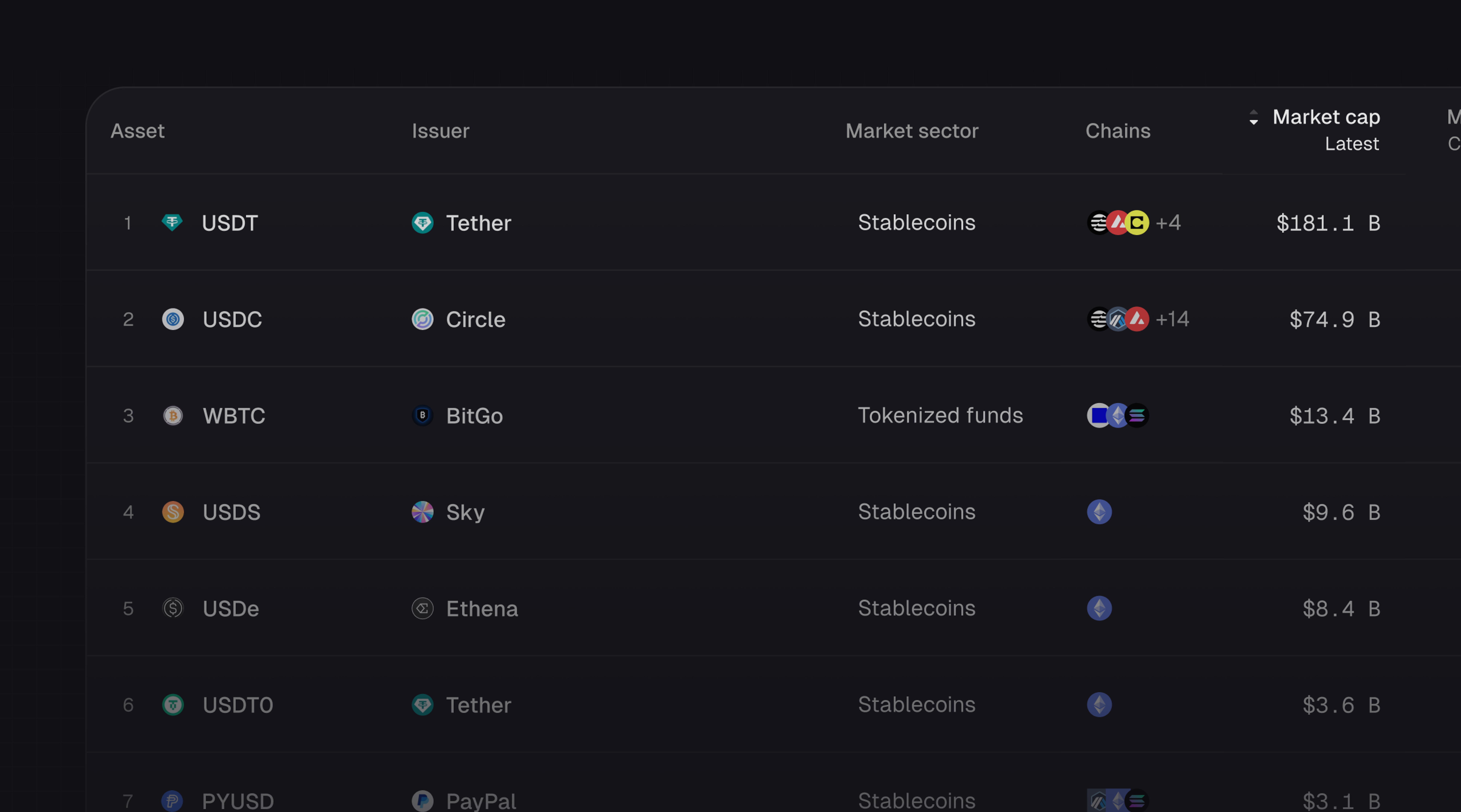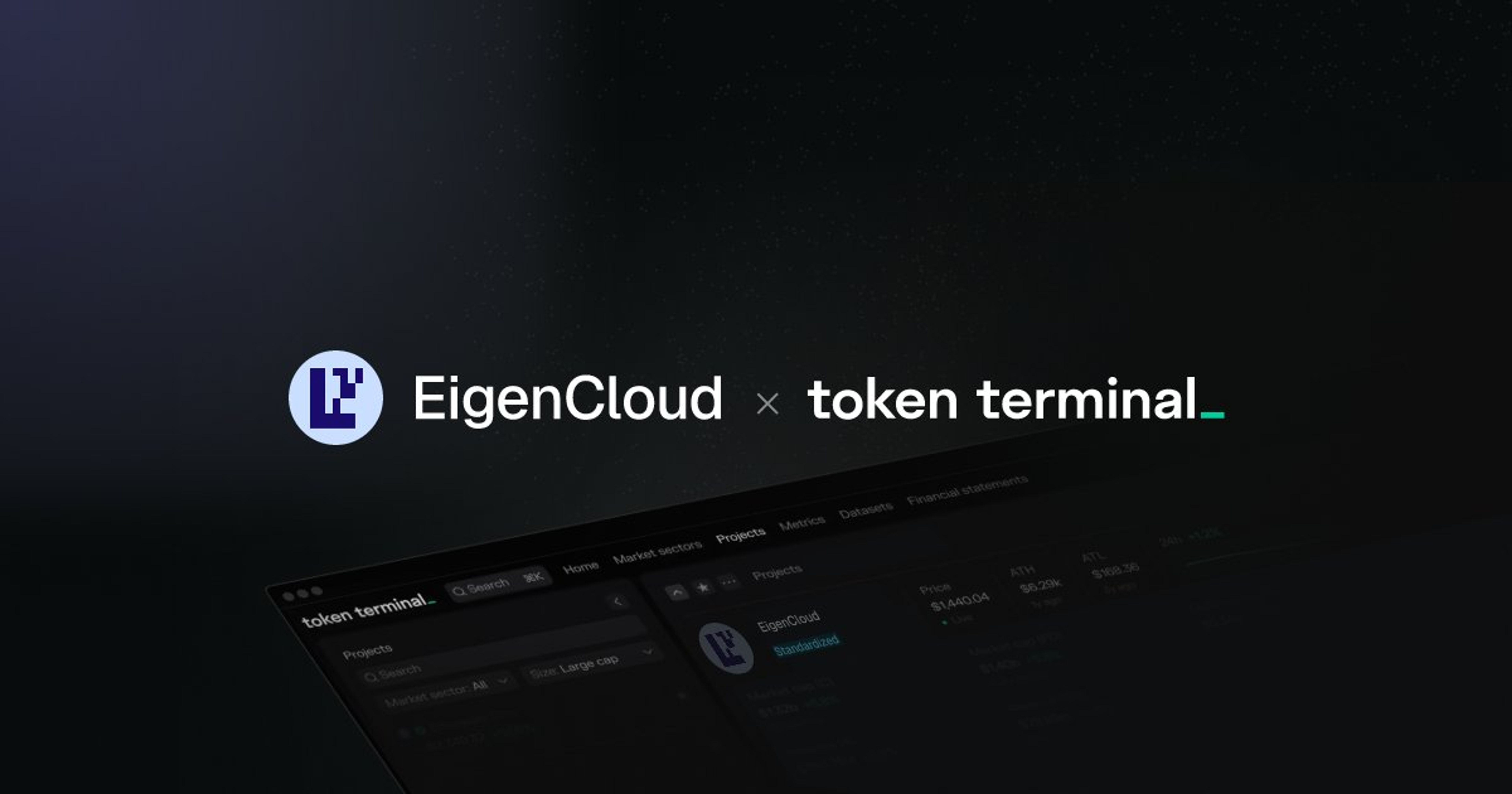
TL;DR: AZTEC is a privacy engine for Ethereum. The team is on a mission to enable data, user, and code privacy on public blockchains. The protocol is live with private DAI transactions, with more assets (ETH, BTC) launching soon.
What problem does AZTEC solve?
In CeFi, we’re accustomed to a certain level of transaction privacy.
Transaction privacy is a problem on public and transparent blockchains — AZTEC enables privacy for on-chain transactions.
How does it work?
First, some quick terminology: public assets become “notes” in the AZTEC system. In AZTEC, a note is the “private version” of a public asset:
DAI → zkDAI (note).
To understand how notes work, a useful analogy is to think of them as Bitcoin UTXOs.
Executing a private transaction on Aztec:
- A user creates a zk-proof of the transaction notes she wishes to keep private.
- She sends the proof and the transaction notes to the AZTEC privacy engine (ACE) for verification of no double-spend.
- If the proof is OK, the ACE will execute the transaction as outlined in the proof.
An example of a private transaction:
The privacy engine or ACE executes a transaction only when it can be certain that a transaction’s input notes equal its output notes:
AZTEC supports many different proofs:
Different proofs, different use cases.
For example, dividend proofs enable private interest payments by proving that one note (10) represents a set ratio (1/10) of another note (100). The ratio represents the known interest rate (10%).
Does AZTEC have a native token?
Not yet, but the protocol could launch a governance token where tokenholders have the right to determine which proofs are supported and how much fees are charged for private transactions on the AZTEC protocol.
In summary:
Through AZTEC, digital assets can finally leverage the security of a public blockchain like Ethereum, without having to compromise on confidentiality — a necessity for an Internet-based financial system.
Token Terminal provides financial and business metrics on crypto protocols — metrics we’re used to seeing applied to traditional companies, e.g the P/E ratio. Crypto protocols operate like traditional businesses, only they do it directly on the Internet.
For more, check out Token Terminal’s website and Twitter.
The authors of this content, or members, affiliates, or stakeholders of Token Terminal may be participating or are invested in protocols or tokens mentioned herein. The foregoing statement acts as a disclosure of potential conflicts of interest and is not a recommendation to purchase or invest in any token or participate in any protocol. Token Terminal does not recommend any particular course of action in relation to any token or protocol. The content herein is meant purely for educational and informational purposes only, and should not be relied upon as financial, investment, legal, tax or any other professional or other advice. None of the content and information herein is presented to induce or to attempt to induce any reader or other person to buy, sell or hold any token or participate in any protocol or enter into, or offer to enter into, any agreement for or with a view to buying or selling any token or participating in any protocol. Statements made herein (including statements of opinion, if any) are wholly generic and not tailored to take into account the personal needs and unique circumstances of any reader or any other person. Readers are strongly urged to exercise caution and have regard to their own personal needs and circumstances before making any decision to buy or sell any token or participate in any protocol. Observations and views expressed herein may be changed by Token Terminal at any time without notice. Token Terminal accepts no liability whatsoever for any losses or liabilities arising from the use of or reliance on any of this content.
Stay in the loop
Join our mailing list to get the latest insights!
Continue reading

Customer stories: Token Terminal’s Data Partnership with Linea
Through its partnership with Token Terminal, Linea turns transparency into a competitive advantage and continues to build trust with its growing community.

Introducing Tokenized Assets
Token Terminal is expanding its standardized onchain analytics to cover the rapidly growing category of tokenized real-world assets (RWAs) – starting with stablecoins, tokenized funds, and tokenized stocks.

Customer stories: Token Terminal’s Data Partnership with EigenCloud
Through its partnership with Token Terminal, EigenCloud turns transparency into a competitive advantage and continues to build trust with its growing community.